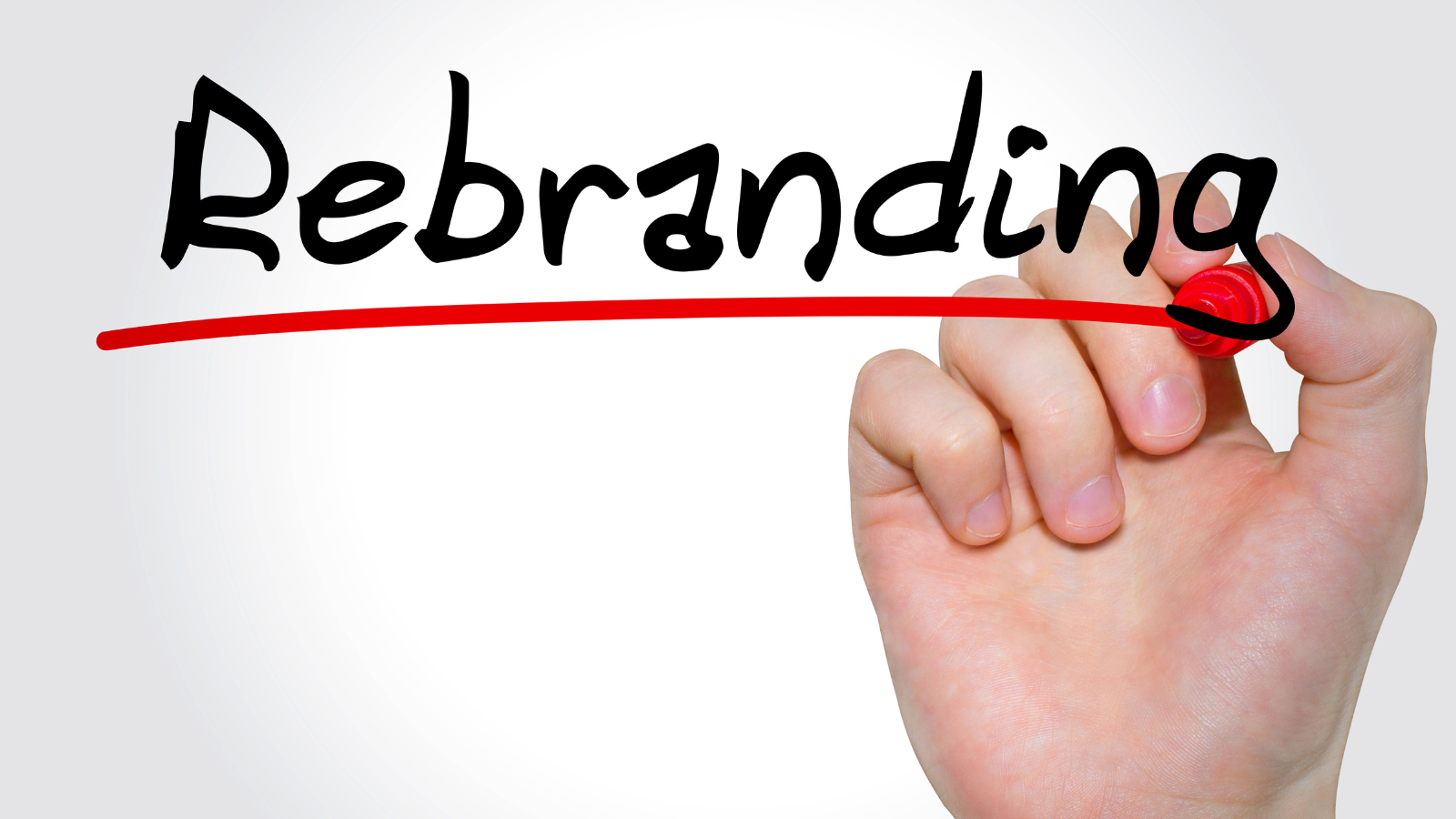Ryder System Expands Dedicated Transportation with Cardinal Logistics Acquisition
Ryder System is expanding its dedicated transportation services through the acquisition of Cardinal Logistics, previously owned by H.I.G. Capital. While the financial details were not disclosed, the transaction has already closed.
In the third quarter of 2023, Ryder's Dedicated Transportation Solutions (DTS) reported total revenue of $448 million, and its full-year 2022 revenue stood at $1.786 billion. In contrast, Cardinal Logistics had approximately $1.1 billion in revenue for 2022. Ryder plans to fully integrate Cardinal's operations, facilities, and equipment into its dedicated transportation, fleet management, and supply chain businesses.
The acquisition aligns with Ryder's strategy for profitable growth and is expected to contribute positively to its earnings by 2025 following integration efforts. Cardinal Logistics, primarily focused on various industries, will continue its legacy under Ryder's umbrella, with both companies sharing a commitment to a people-first and customer-centric culture.
Read more about this at Freight Waves >
WHY IS THIS IMPORTANT FOR MY INDUSTRY?
These deals can really shake things up, from who's competing to how they set prices and the services they bring to the table. It's like dropping a pebble in a pond, and the ripples touch everyone in the game. Other players might be thinking, "Hey, maybe we should hop on that train and add some of this to our game plan."
And Ryder's not just changing gears for fun. They're putting the pedal to the metal when it comes to dedicated transportation and turbocharging their supply chain services. This move isn't just about them; it's a clear signal to everyone else that it's time to keep up with the times or risk falling behind.
🔥 OUR HOT TAKE?
The undisclosed financial details leave us wondering about the true cost of this expansion. Will Ryder's ambitious plans for integration and profitability pan out as expected, or are they biting off more than they can chew?
Moreover, the acquisition puts the spotlight on industry consolidation, and we can't help but question whether these mergers ultimately benefit the customers and smaller players. Will this move lead to reduced competition and potentially higher prices for consumers? Time will tell.















The European Commission gave the green light to CMA CGM's acquisition of Bolloré Logistics SE, with conditions, following an investigation into potential competition issues.